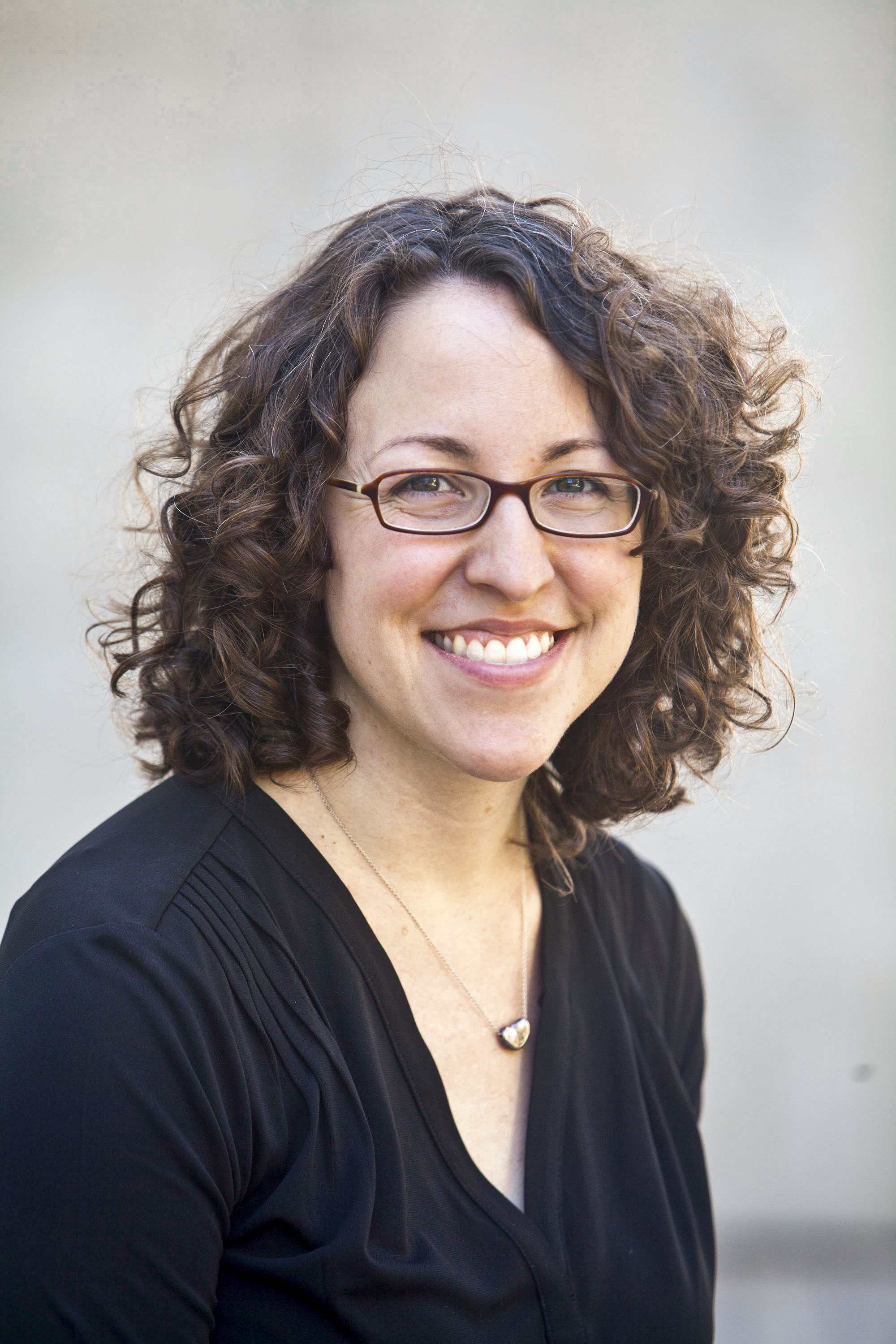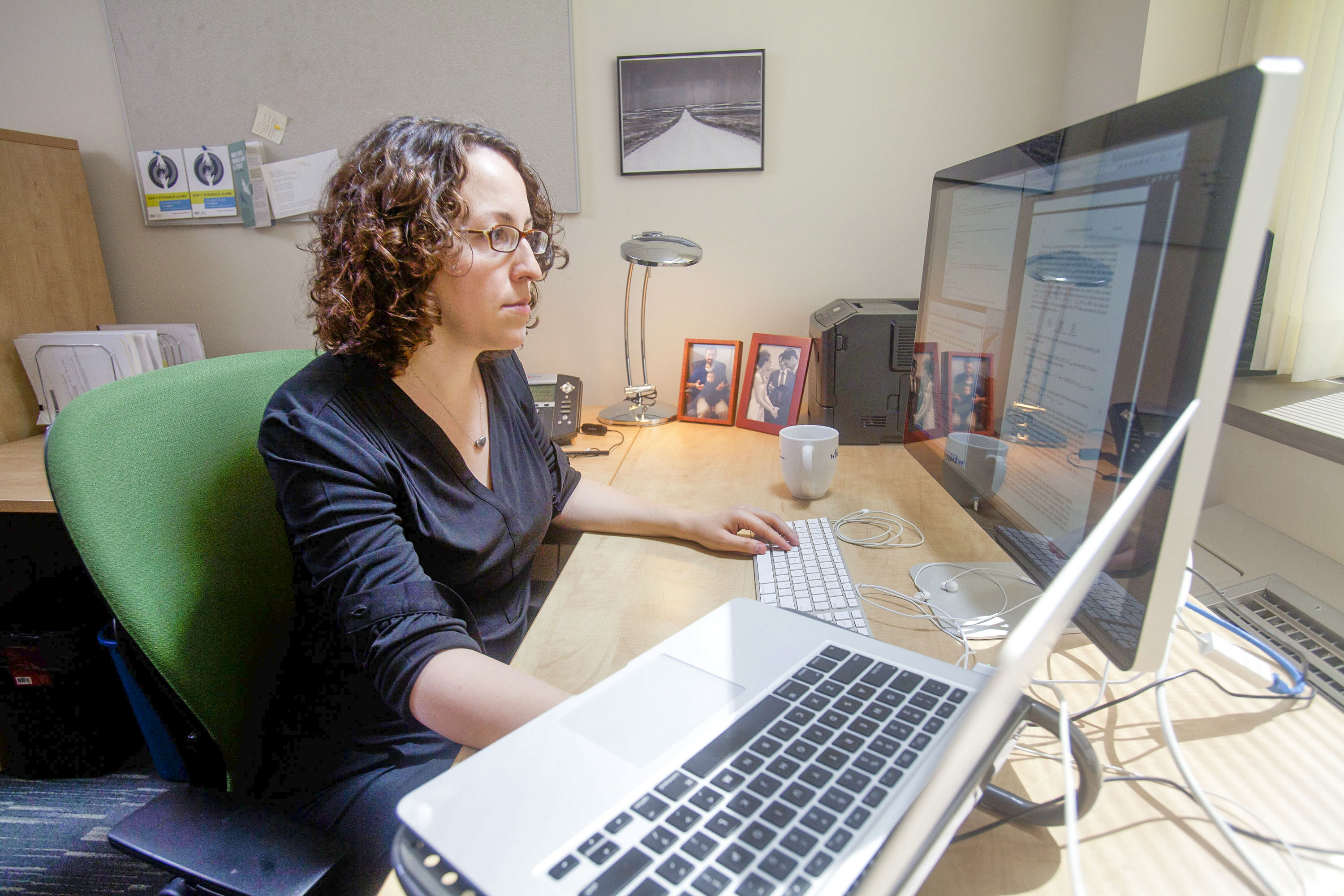About Heidi's Work
Heidi Williams is an economist unraveling the causes and consequences of innovation in health care markets. Williams combines finely grained empirical observations and custom-designed data collection methods to build entirely new datasets about technological changes in health care. In addition, her creative methods for determining causal inference, and keen understanding of regulatory law, biological science, and medical research, have allowed her to trace the interplay among institutions, market behavior, and public policy–relevant outcomes.
Leveraging the race to decode the human genome by private and public institutions as a model, Williams reveals how the timing and nature of intellectual property restrictions affect subsequent innovation. She presents convincing evidence that a non-patent form of intellectual property protection at the early stages of scientific research limited follow-on innovation on human genes, a finding that was cited in arguments submitted to a 2013 U.S. Supreme Court case on gene patents. In subsequent work, however, she and a co-author find evidence that patent protection on human genes has in fact not substantively hindered later research or product development, suggesting that the precise design of intellectual property policies is important in shaping innovation outcomes. More recently, Williams and colleagues have investigated institutional factors affecting cancer drug development. Drugs that treat late-stage cancers take a shorter time to develop, test, and bring to market than those for earlier stage cancers. Because patent protection begins at the time of filing, rather than when a drug is actually brought to market, late stage cancer drugs have a longer period of protection and offer more potential for profit. Their work provides compelling evidence that institutional factors such as the patent system create a bias against the development of drugs to treat early stage cancers.
Taking their findings on cancer drug development one step farther, Williams and her co-authors analyze policy measures for correcting this distortion in research priorities, including changes in how the effectiveness of a drug is established and in the timing of patent protection. Williams’s insights about market inducements for innovation and the implications of technological change in health care markets are informing institutional practice and public policy and sparking new lines of inquiry about innovation more broadly.
Biography
Heidi Williams received an A.B. (2003) from Dartmouth College, an M.Sc. (2004) from the University of Oxford, and a Ph.D (2010) from Harvard University. She has been affiliated with the Massachusetts Institute of Technology since 2011 and is currently the Class of 1957 Career Development Assistant Professor in the Department of Economics. She is also a faculty research fellow (since 2010) at the National Bureau of Economic Research. Her articles have appeared in the Quarterly Journal of Economics, American Economic Review, and Journal of Political Economy, among others.
Published on September 29, 2015










